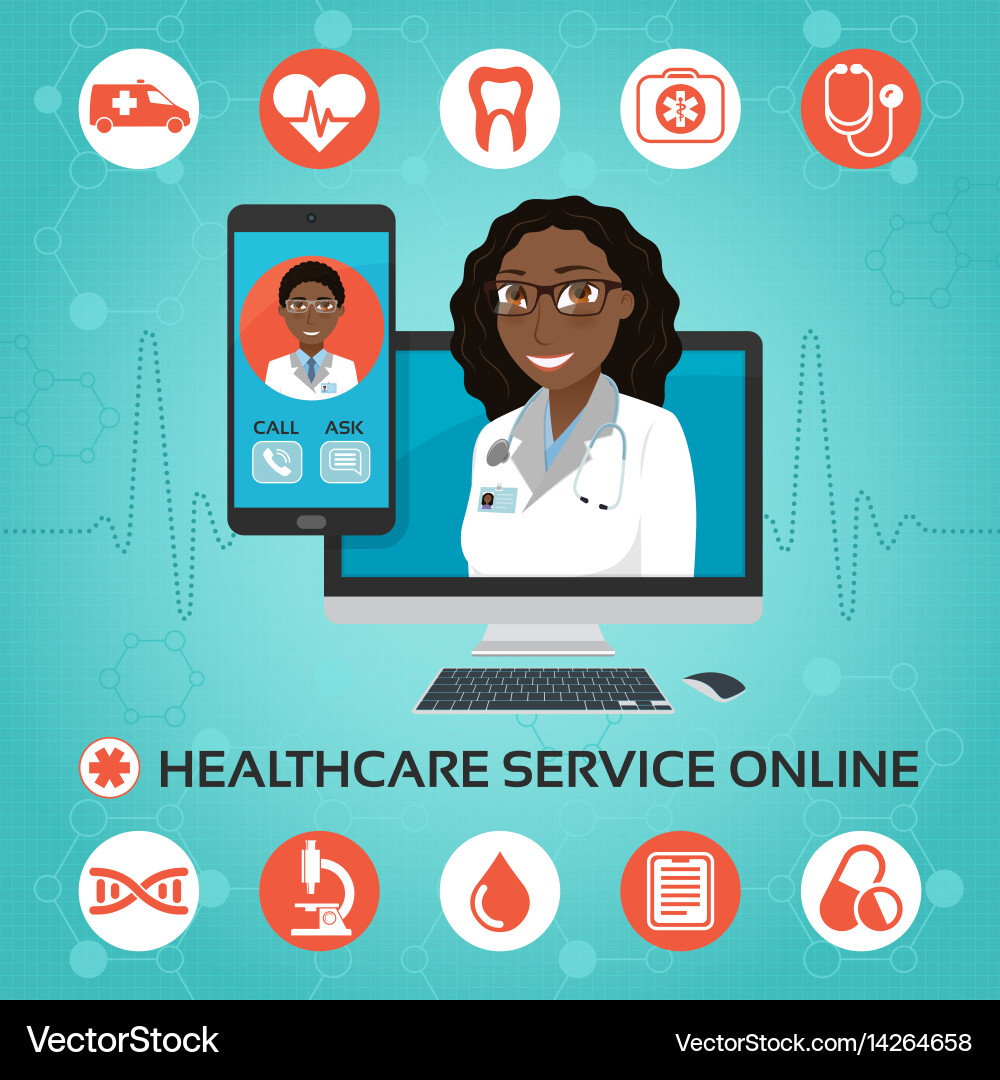Unlocking the Secrets of Subscription Based Healthcare for Better Patient Outcomes
Unlocking the Secrets of Subscription Based Healthcare for Better Patient Outcomes
Blog Article
The Surge of Subscription-Based Health Care and Its Effect On Person Treatment
As medical care evolves, the subscription-based version is gaining grip, assuring to revolutionize individual treatment by using predictability and accessibility. These designs, which bypass traditional insurance policy, can redefine the patient-doctor dynamic, highlighting personalized and preventative care. As with any innovation, they offer difficulties, specifically concerning fair gain access to for all socioeconomic teams. The potential for these models to improve medical care delivery increases pressing inquiries about their lasting sustainability and inclusivity. Are these subscription solutions the future of medical care, or do they run the risk of leaving at risk populations behind? The ins and outs of this change warrant a closer examination.
Understanding Registration Medical Care Models
Understanding the principle of registration medical care designs involves checking out a transformative method to medical solutions that highlights price and availability. These designs, typically described as direct medical care (DPC) or concierge medication, have actually arised as cutting-edge options to conventional fee-for-service medical care systems. Subscription medical care enables individuals to pay a set regular monthly or annual charge for a specified set of medical services, which might consist of limitless workplace check outs, regular exams, and standard lab tests, without the requirement for standard insurance invoicing.
The structure of membership healthcare models is created to improve patient treatment by eliminating third-party payers and complicated payment codes, thereby minimizing administrative concerns. Doctor can concentrate much more on individual care, fostering stronger patient-provider partnerships. This version additionally promotes preventative care by motivating regular sees, as the economic challenge of per-visit charges is removed.
The subscription version frequently empowers health care suppliers to take care of smaller sized client panels, permitting even more customized care. It straightens financial motivations with patient health end results, as companies are encouraged to preserve patient contentment and well-being. On the whole, understanding membership health care models requires recognizing their possible to reshape exactly how treatment is delivered and accessed.
Advantages for Patients and Providers

With a constant income stream, health care experts can commit even more time to each person, leading to an extra tailored and detailed care experience. The focus on precautionary care within membership strategies can lead to better patient end results and decreased lasting medical care expenses.
Concerns and difficulties
While subscription-based medical care versions present various advantages, they also come with a set of challenges and concerns that need to be attended to. This raises honest questions concerning equitable access to medical care solutions.
Financial sustainability of subscription-based versions is another problem. Suppliers should balance the set revenue from subscriptions with the variable prices of healthcare services, which may vary as a result of unanticipated clinical requirements. This can produce pressure to limit solutions or increase charges, possibly affecting client fulfillment and care quality.
In addition, regulatory oversight of subscription-based healthcare models is still advancing. The lack of standardized frameworks can cause inconsistent solution top quality and accountability, complicating initiatives to ensure person protection. The combination of modern technology-- typically a cornerstone of these designs-- increases inquiries concerning data privacy and security, as sensitive person details could be at risk to violations. Dealing with these challenges is crucial for the successful and equitable execution of subscription-based medical care.
Effect on Patient-Doctor Relationships
One substantial influence of subscription-based healthcare models on patient-doctor relationships is the potential for enhanced continuity and personalized care. By adopting a membership design, medical professionals can manage a smaller sized client panel, enabling for more devoted time with each individual. This raised availability cultivates a much deeper understanding of a person's clinical history, lifestyle, and preferences, making it possible for extra customized therapy plans and interventions.

However, it is essential to recognize that while subscription-based models may profit those who can afford them, they might unintentionally widen medical care variations. Patients that are unable to take part in these designs might experience lower access to individualized care, possibly impacting their connections with healthcare providers. Therefore, while the subscription design supplies appealing benefits for patient-doctor connections, it additionally positions obstacles that need to be dealt with to ensure equitable medical care access.
Future of Health Care Accessibility

The duty of modern technology can not be overlooked in this change. Telemedicine platforms and electronic health records help with seamless interaction in between people and doctor, damaging down logistical and geographical barriers. try these out Additionally, developments in expert system and data analytics can even more customize healthcare by forecasting person demands and news maximizing therapy plans.
However, the future of medical care accessibility likewise presents difficulties, such as making certain equity throughout different socio-economic teams. Policymakers and medical care service providers should collaborate to bridge the electronic divide, guaranteeing that subscription-based models continue to be comprehensive and economical. As these systems grow, they hold the guarantee of making healthcare extra easily accessible, efficient, and patient-centric.
Final Thought
Subscription-based medical care models are improving patient care by giving a stable expense framework and enhancing availability. These versions strengthen patient-provider connections via personalized care and routine check outs, stressing preventative health and wellness. In spite of these benefits, difficulties such as access issues for low-income populaces and the demand for fair healthcare services continue. The surge of subscription-based healthcare encourages positive individual involvement, which has the potential to improve client results and satisfaction, signaling a transformative shift in health care shipment.
As medical care progresses, the subscription-based version is getting traction, promising to revolutionize patient treatment by supplying predictability and availability.Subscription-based health care models offer distinctive benefits for both carriers and people, enhancing the total medical care experience.As healthcare systems evolve, the future of medical care gain access to frequently pivots on the combination of innovative versions and innovations.Subscription-based healthcare versions are reshaping patient treatment by providing a secure price framework and enhancing access. The increase of subscription-based healthcare urges proactive person interaction, which has the potential to enhance patient results and complete satisfaction, signifying a transformative shift in medical care delivery.
Report this page